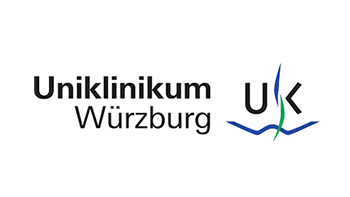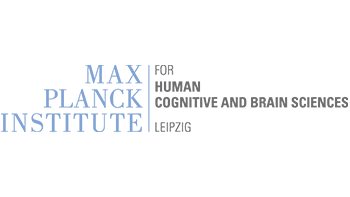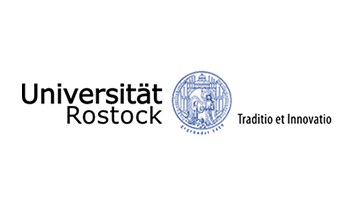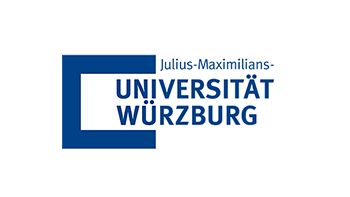Klingner CM, Denker M, Grün S, Hanke M, Oeltze-Jafra S, Ohl F, Radny J, Rotter S, Scherberger H, Stein A, Wachtler T, Witte OW, Ritter P.
biorxiv.org 2022. doi: 10.1101/2022.04.07.487439
Abstract
The lack of reproducibility of research results is a serious problem – known as “the reproducibility crisis”. The German National Research Data Infrastructure (NFDI) initiative implemented by the German Research Foundation (DFG) aims to help overcoming this crisis by developing sustainable solutions for research data management (RDM). NFDI comprises domain specific consortia across all science disciplines. In the field of neuroscience, NFDI Neuroscience (NFDI-Neuro) contributes to the strengthening of systematic and standardized RDM in its research communities. NFDI-Neuro conducted a comprehensive survey amongst the neuroscience community to determine the current needs, challenges, and opinions with respect to RDM. The outcomes of this survey are presented here. The German neuroscience community perceives barriers with respect to RDM and data sharing mainly linked to (1) lack of data and metadata standards, (2) lack of community adopted provenance tracking methods, 3) lack of a privacy preserving research infrastructure for sensitive data (4) lack of RDM literacy and (5) lack of required time and resources for proper RDM. NFDI-Neuro aims to systematically address these barriers by leading and contributing to the development of standards, tools, and infrastructure and by providing training, education, and support, as well as additional resources for RDM to its research community. The RDM work of NFDI-Neuro is conducted in close collaboration with its partner EBRAINS AISBL, the coordinating entity of the EU Flagship Human Brain Project, and its Research Infrastructure (RI) EBRAINS with more than 5000 registered users and developers from more than 70 countries of all continents. While NFDI-Neuro aims to address the German national needs, it closely aligns with the international community and the topics of the Digital Europe Program and EU Data Spaces.










